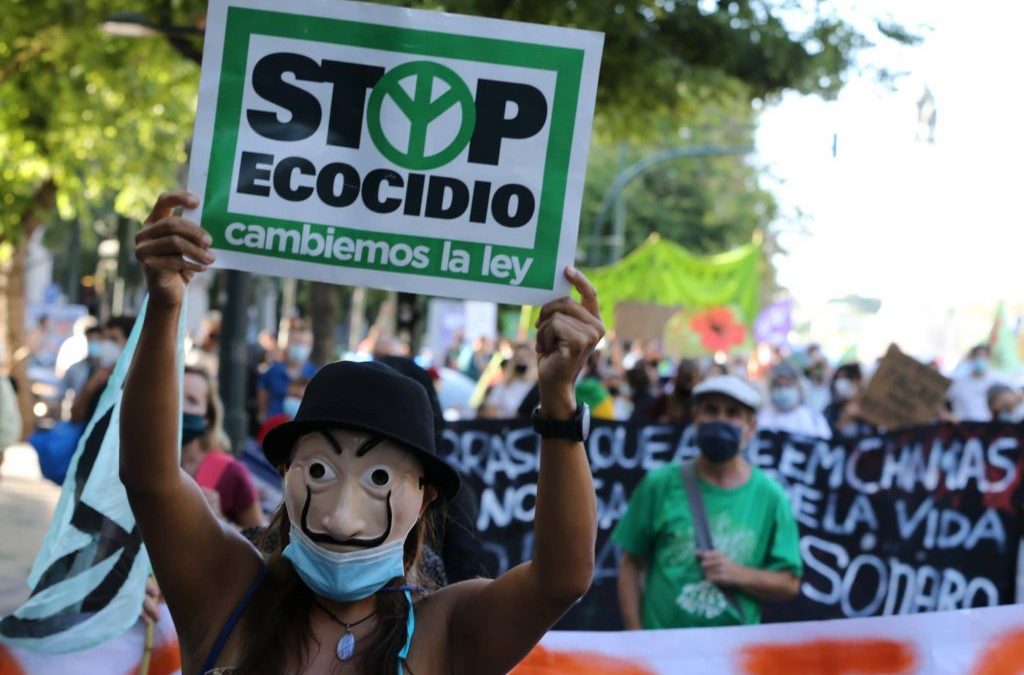
by Tendayi Chirawu | 30 Oct 2020 | Climate change, Environment, Thacher School, The Kids Are Alright, Youth Voices
In our latest podcast episode, two students at Thacher School in California examine how COVID-19 is affecting youth climate change activism. The coronavirus pandemic has forced many young people around the world to stay home. So how is COVID-19 affecting young...
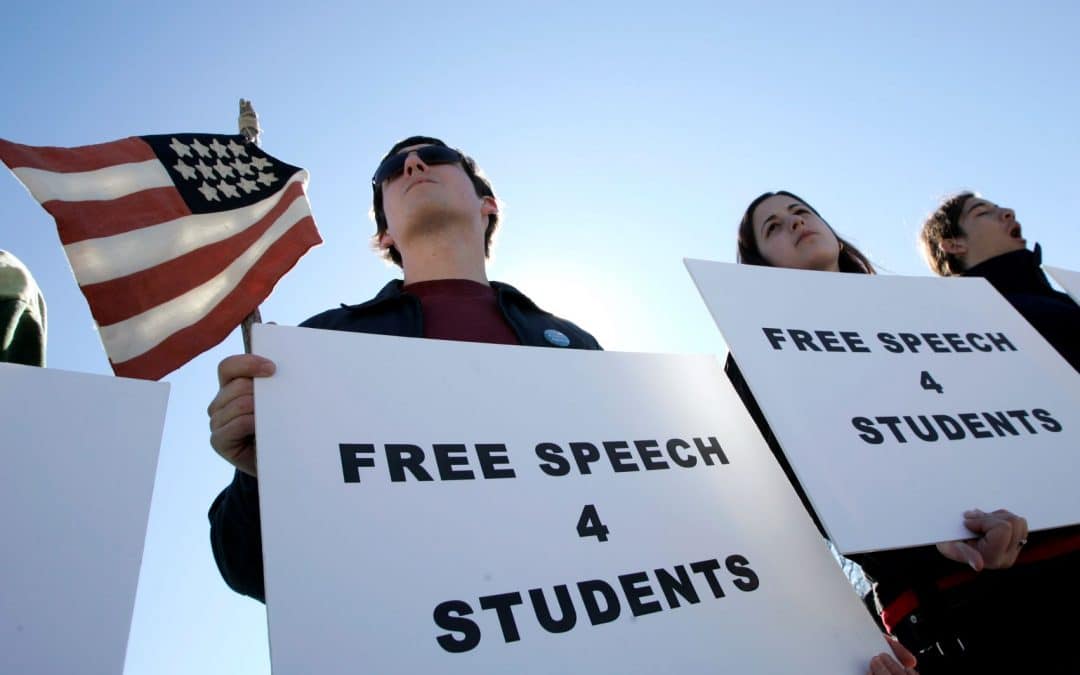
by Lucy Jaffee | 27 Oct 2020 | Contest winners, Educators' Catalog, Human Rights, La Jolla Country Day School, Student Posts, Youth Voices
A U.S. school district wants the Supreme Court to overturn a landmark free speech case and let it punish a student for criticizing her school online. Students protest for the right to free speech outside the Supreme Court in Washington, DC, 19 March 2007. (AP...
Lucy Jaffee of La Jolla Country Day School tackled a complicated topic — a court case involving a student’s freedom of speech and social media — by interviewing two experts, including the foremost authority on the U.S. First Amendment, Floyd Abrams. The lesson: If you put effort into understanding an issue, experts will be glad to speak to you. Students should contact experts because they will offer unique insights and help answer the question, “What next?”
The case Jaffee’s article focuses on lends itself to classroom discussion because it engages a matter of great interest to students. While students may instinctively side with the young woman whose Snapchat post triggered the controversy, there may be other off-campus outbursts on social media — Holocaust denial, racist language — that they might like to see sanctioned. Like so much in life, First Amendment issues often lie in the gray zone.
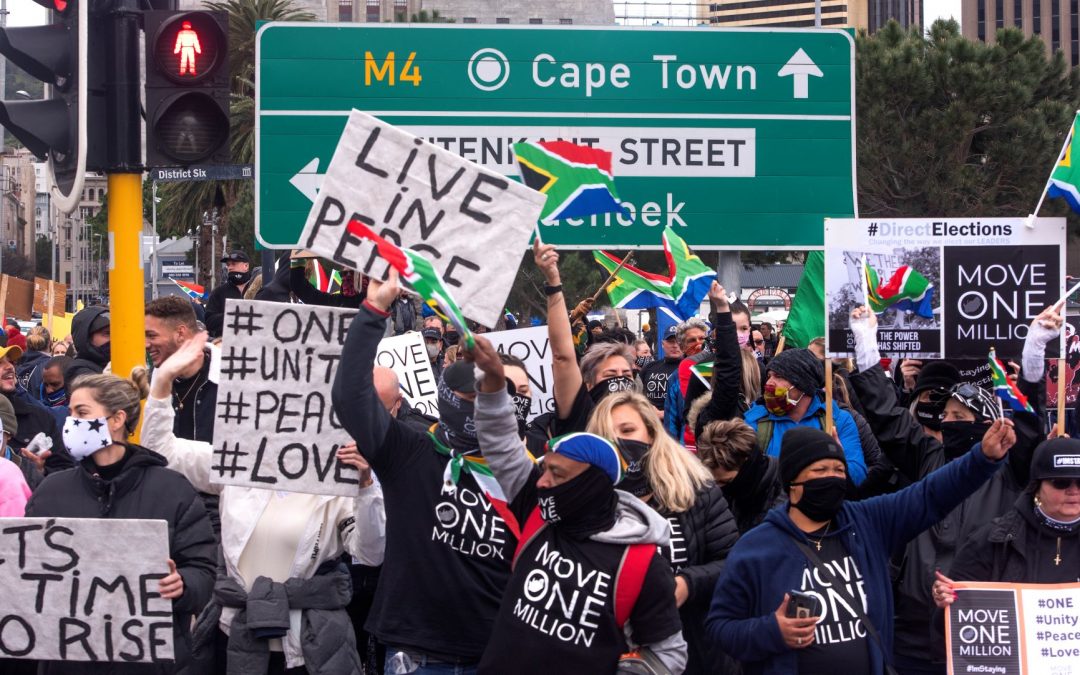
by Tendayi Chirawu | 23 Oct 2020 | Africa, African Leadership Academy, Future of Democracy, Politics, The Kids Are Alright, Youth Voices
Two savvy Africans urge frustrated youth activists to drive political change by holding officials to their word and harnessing innovative ideas and words. Are you a young person yearning for change and a better world? Do you feel that global leaders are not listening...
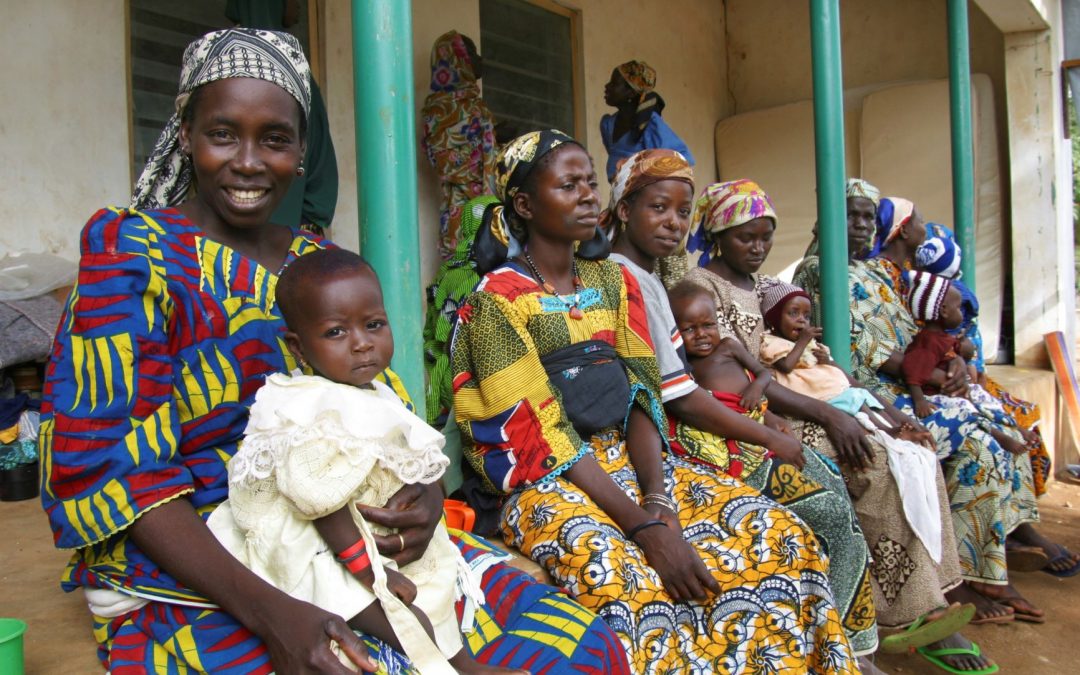
by Gia Gambino | 9 Oct 2020 | Africa, Contest winners, Health and Wellness, Hewitt, Youth Voices
Oil-rich Nigeria is Africa’s biggest economy but spends little on healthcare, with dire consequences for its teeming population. Its census could help. A health clinic in Nigeria in 2008 (Ton Koene / VWPics via AP Images) This story won second prize in News...

by Tendayi Chirawu | 16 Sep 2020 | Africa, African Leadership Academy, The Kids Are Alright, Youth Voices
Africa is often misrepresented in the media as a poverty-stricken safari-land. Who benefits from such stereotypes? How can we reshape the image? Outsiders and Africans themselves often resort to stereotypes to represent the continent — wild animals, jungles and...
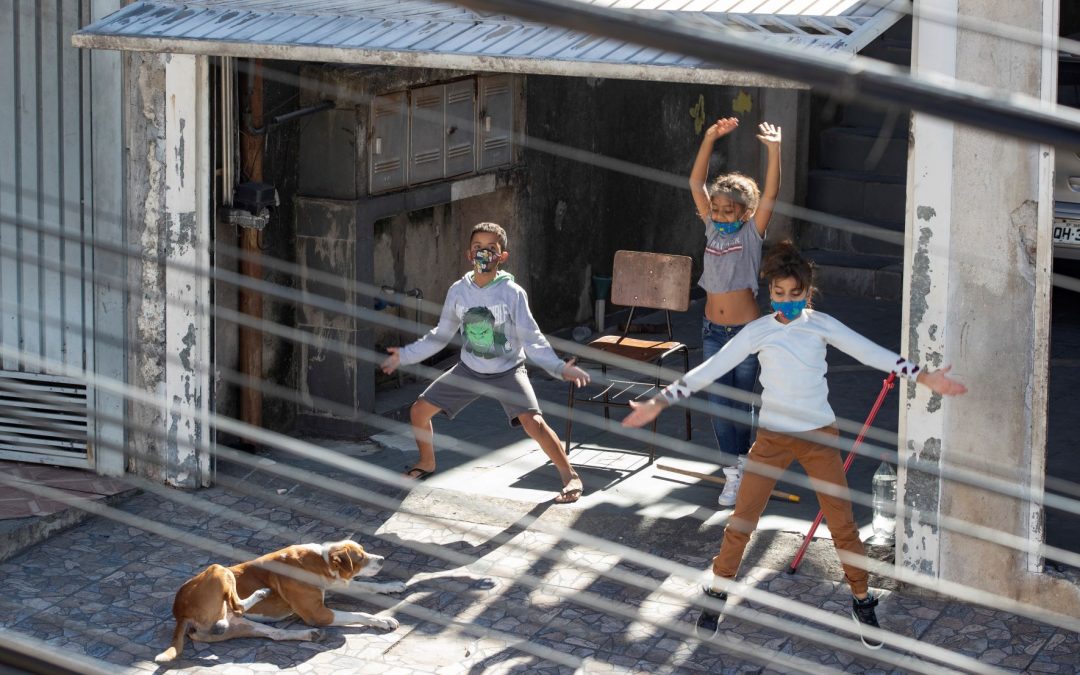
by Oliver Onillon | 9 Sep 2020 | Health and Wellness, Sport, Youth Voices
Lockdowns under COVID-19 have kept many people away from gyms. But some are working out more. Is at-home exercise here to stay? Children exercise from the rooftop of their building during lockdown in Sao Paulo, Brazil, 17 May 2020. (AP Photo/Andre Penner) You’d be...
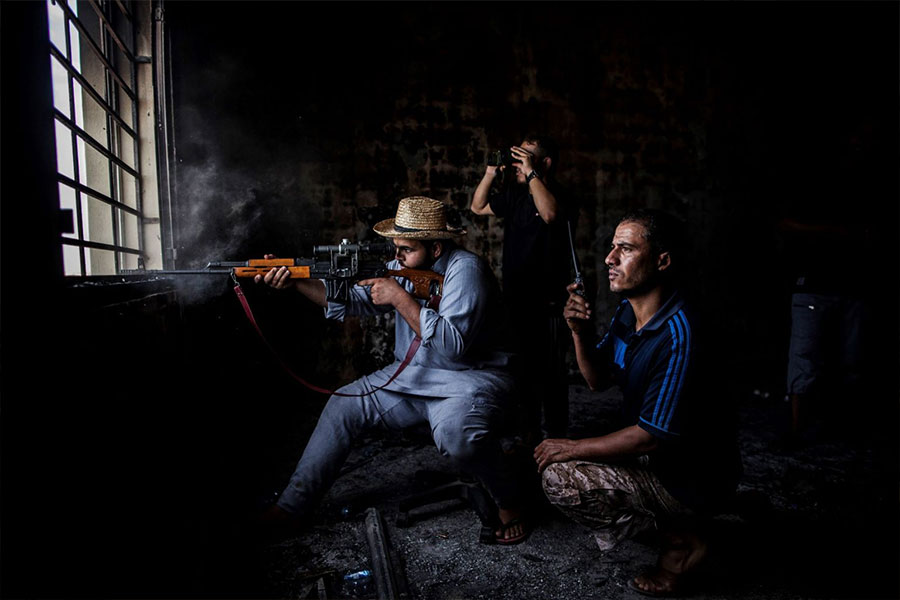
by Marouane El Bahraoui | 12 Aug 2020 | Africa, African Leadership Academy, Educators' Catalog, Student Posts, Youth Voices
Once ruled with an iron fist by a dictator, oil-rich Libya is now ravaged by war. With foreign powers meddling, a political solution is badly needed. A sniper fires towards Islamic State militant positions in Sirte, Libya, 21 September 2016. (AP Photo/Manu Brabo)...
The author, Marouane El Bahraoui, is a Student Ambassador at the African Leadership Academy, a News Decoder partner school. He spent seven months researching Libya, working closely with News Decoder editors to sharpen his focus and add authority to his reporting. What started as an incipient interest in the North African country matured into a nuanced view of a highly complex geopolitical situation. El Bahraoui’s story caught the admiring eye of the U.S. ambassador to Libya, who contacted the young author to chat about Libya and Morocco, El Bahraoui’s home country. “Who thought that a U.S. ambassador would read my article?” El Bahraoui said. This story shows the kind of potent reporting that a determined and curious student in our network can produce for a global audience.

by Isabella DeMarco | 23 Jul 2020 | Climate change, Indiana University, Student Posts, Youth Voices
Meat production contributes to global warming. Will the planet shift to plant-based meat to help avert catastrophic climate change? A conventional beef burger, left, next to a plant-based burger containing wheat protein, coconut oil and potato protein, Bellevue,...

by Leela Rosaz Shariyf | 14 Jul 2020 | Health and Wellness, Miss Porter's School, Technology, Youth Voices
U.S. teenagers are increasingly depressed and spending more and more time on smartphones. But technology, used wisely, can make us smarter, safer and happier. A young man on his smartphone, Munich, Germany, 9 December 2014 (Tobias Hase / picture-alliance / dpa / AP...

by Hanna Rahman and Sadie Dyson | 9 Jul 2020 | Economy, Immigration, Podcasts, Student Posts, Youth Voices
We wanted to learn about immigration. So Sabina told us her story about leaving Colombia for the U.S. to escape violence and embrace opportunities. To understand immigration, we must listen to immigrants as they tell their stories. In our podcast, we spoke to Sabina...










